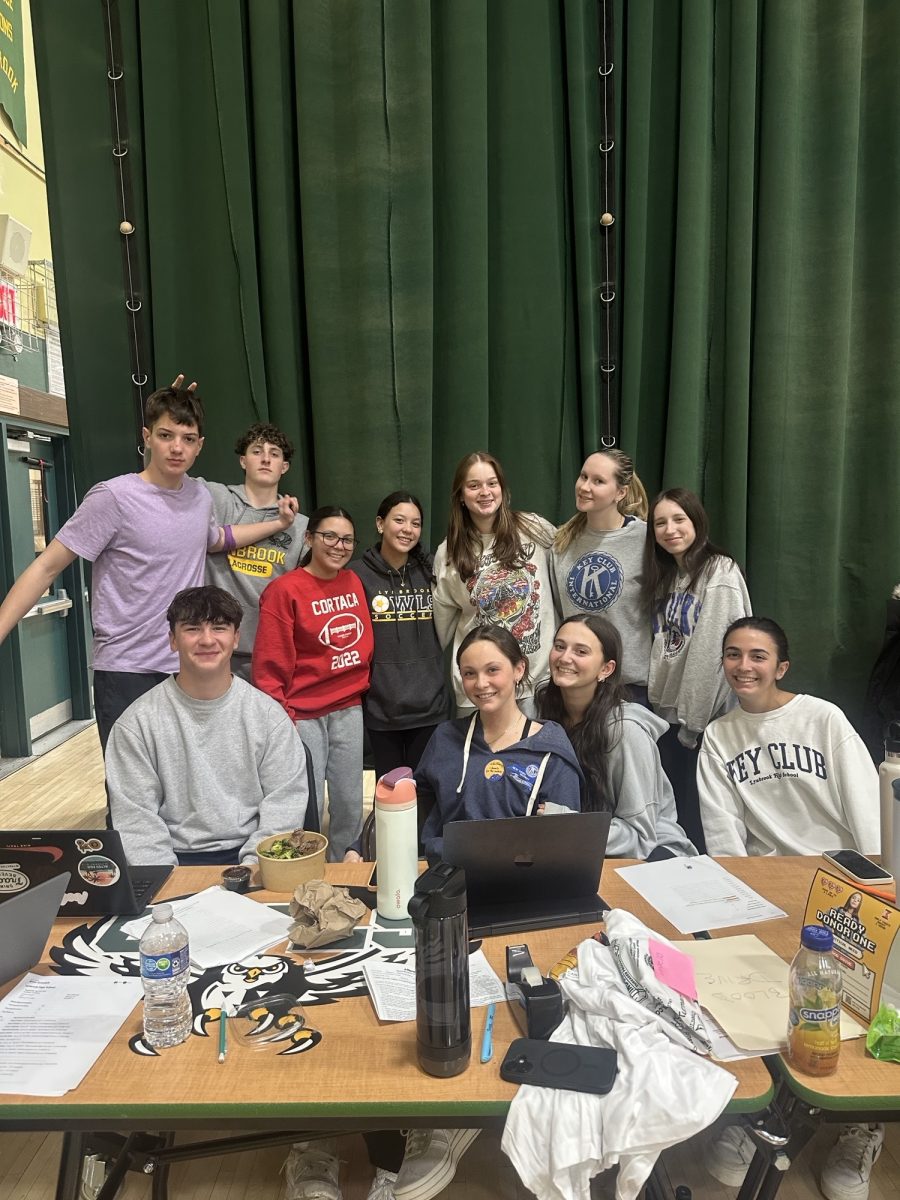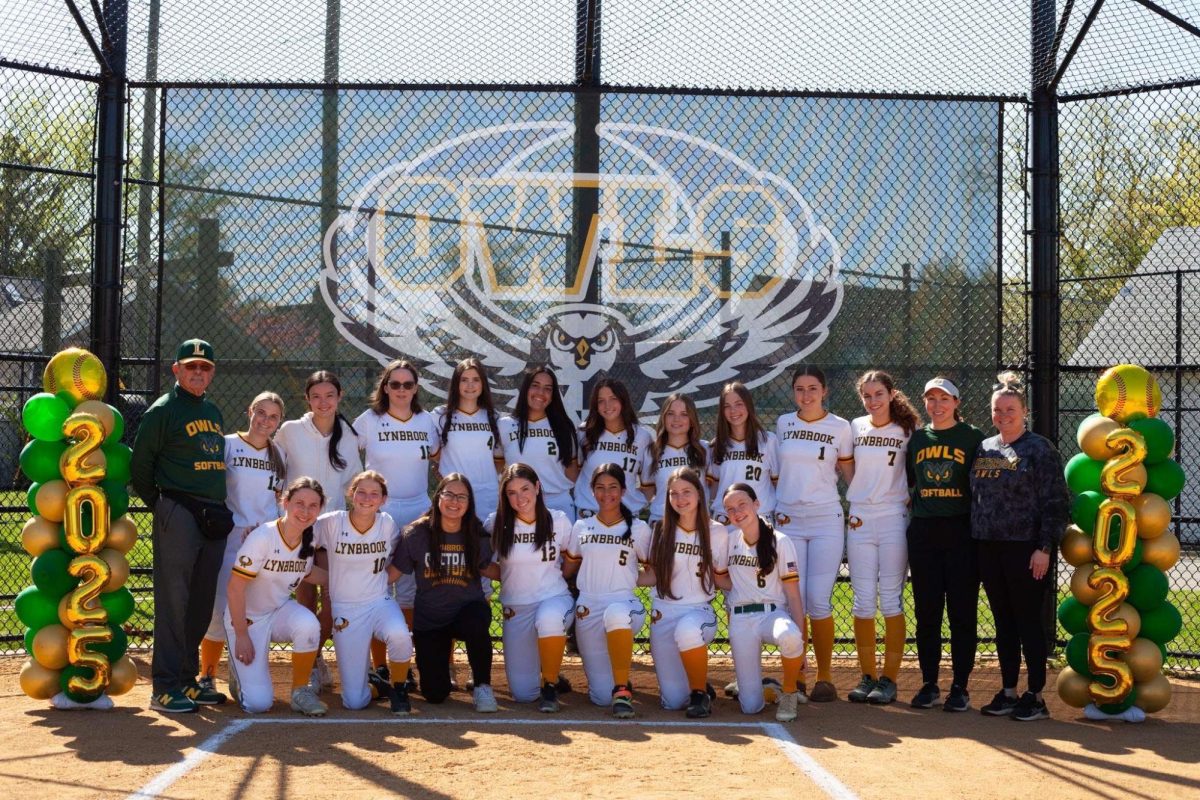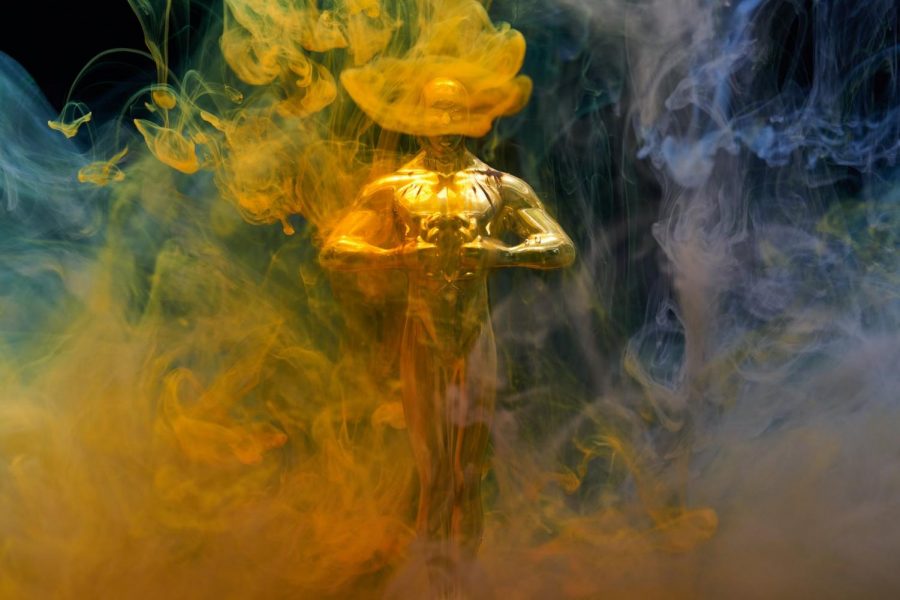How Legitimate Are Your Favorite Award Shows?
Great television does not come unscripted, so it would not be a surprise to find out some portions of your favorite award shows are previously planned. Nearly every award show tells a few half-truths in some way, shape, or form, and this illegitimacy comes in thanks to money. Award shows have been known to run “For Your Consideration (FYC) Campaigns,” which are meant to ensure votes for nominations and even awards. A version of this campaign happens when film associations hold parties in which they give out gifts or hold meet-and-greets with the actors.
Although they are a part of various Hollywood productions, members of The Academy are not limited to well-known actors who are numb to the starstruck feeling. The Academy consists of people such as musicians, editors, casting directors, animators, documentarians, public relations employees, etc. Only a small portion of it is actually made up of famous actors and megastar names like Dave Chappelle and Randall Park.
So why are FYC Campaigns effective at helping to monetize award shows? Categories are incredibly numerous, purposely encouraging many nominations. They are also very specific to allow for more of them. One category (which is admittedly a mouthful of an award) in the Emmy’s is the “Primetime Emmy Award for Outstanding Stunt Coordination for A Comedy Series or A Variety Program.” Among even more complex category names are “Technology and Engineering Emmy Award for Pioneering Development of a Computerized Hard-Disk Storage Based Digital Non-Linear, Multi-Stream Multi-Camera System.” There is another award called the “Technology and Engineering Emmy Award for Pioneering Wearable Camera Stabilizer Platforms.” It would be simpler to have a combined category with a name like, “Pioneering a Custom Camera Rig,” but that would cut down the number of categories. With an increase in the number of categories, these shows can add more awards, allowing for more profit off the show. More stars will take out FYC campaigns, increasing viewership. Furthermore, for each award, there needs to be multiple nominations, and each nomination increases the chance of having more viewers. More viewers means that shows can increase prices for ads, and even run more sponsorships.
So, if these shows are motivated so much by monetary factors, what are the chances the results are not integritous? When asked if he thought the nominations were rigged due to voter influence, Art Teacher Michael Kunz said, “I wouldn’t say that they’re necessarily bought, but the decision may be skewed based on something that was given… It’s definitely not a level playing field.” Award shows have been known to entertain monetary compensations, like gift watches or other valuables to voters.
Another way award shows increase viewers is by politically driving them. Political moments in award shows are fairly new, but not too uncommon. Some recent events are more memorable than others, such as Bruce Jenner’s public appearance as Caitlyn Jenner in 2015 at the ESPY’s. Caitlyn was praised for her bravery and was even given an Arthur Ashe Courage Award. This was less than a month after same-sex marriage was legalized nationwide in the U.S. In another example, orange American flag pins were handed out during the 2018 Oscars in an effort to spread the #WearOrange movement to promote gun safety and raise awareness about shootings. This came less than one month after the Marjory Stoneman Douglas High School shooting in Parkland, Florida. Kunz added, “I feel that now with social media, [award shows] are very political.”
Dena Miceli, a former actress and member of the Screen Actors Guild since 1991, whose work includes portraying one of Joey Tribianni’s (Matt LeBlanc) sisters on the famous sitcom, Friends, holds a personal belief that award show winners are chosen with political bias intact. She gives examples like Jordan Peele’s film, Get Out, a thriller about a white family that has black servants, and Hidden Figures, a film about black women that work for NASA and are cheated of credit for their work. Both films came at the peak of the “Black Lives Matter” movement, and Hidden Figures was released just before the first “Women’s March.”
Unlike Kunz, Miceli disregards the idea that voters are unfairly influenced. Although she has never been persuaded herself when voting, a reason she provides in defense of other shows is the complexity of the procedure for nominating films and actors. “Ballots are a complicated process,” Miceli says. “I don’t think other shows are rigged, either. The choices are so elaborate to pick,”Miceli adds. For the SAG Awards, Miceli explains that the voters who choose the nominees are randomly selected. She has been selected twice and explains that all submissions from studios must be screened and selected by those chosen to vote. Once the nominations are set, all members finalize their votes. The winner is a simple majority rule from the SAG. Miceli adds, “[Viewers] may think award shows are rigged only because people who have been nominated a lot never win. When people think it is finally his or her time to win and they don’t, [viewers] are very disappointed.” A few celebrities have publicly questioned and/or commented on the legitimacy of award shows. Katy Perry once stated, “All award shows are fake. All awards that I won are fake. They’re constructs.”
In the end, award shows are meant for entertainment, and what most people find entertaining is what is currently in the news. If award shows stuck to their traditional theme, there would be no aspect that drives people or advertisers to tune in anymore. Despite the critical points that can be made against award shows, most people can agree that those enjoyable features are truly what makes them watchable.


































